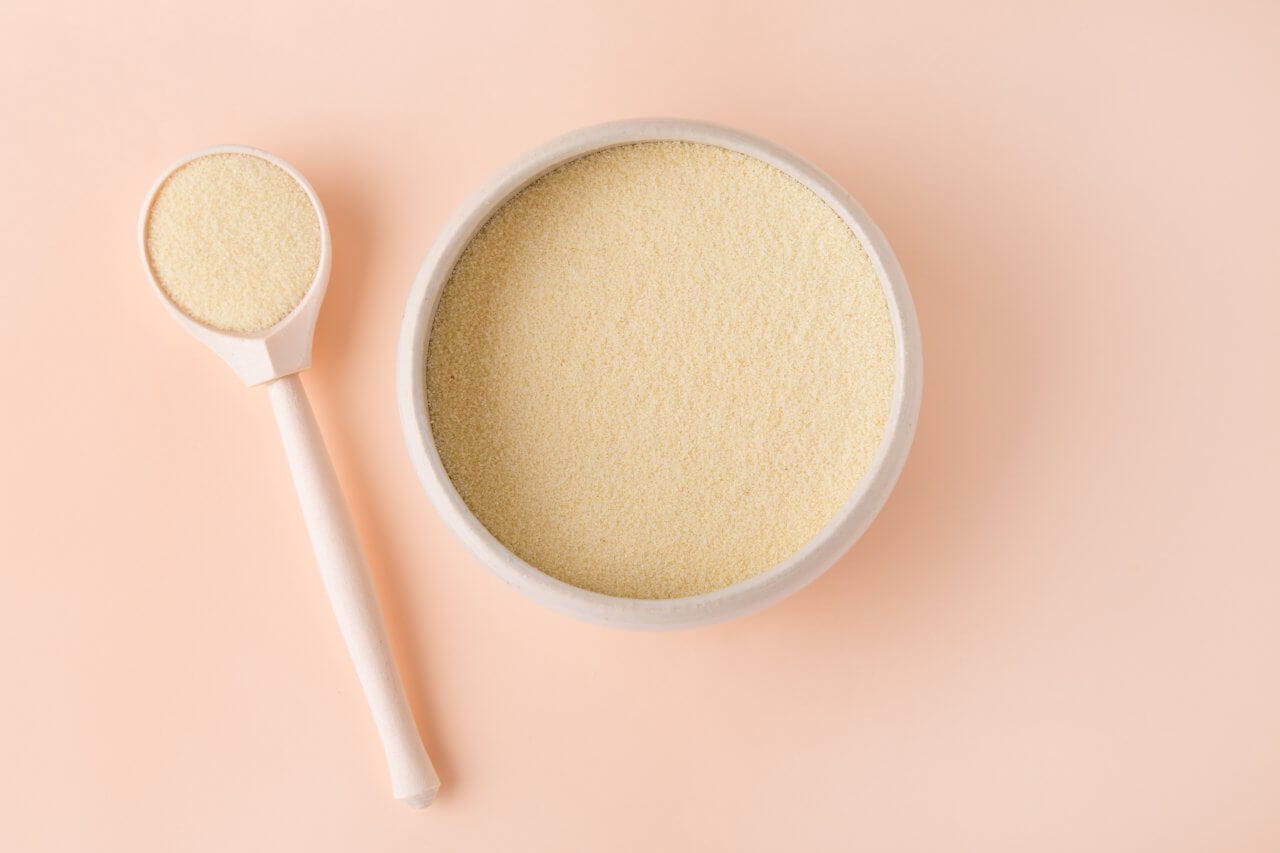Is Protein Powder Good for You?

Protein is a macronutrient that’s essential to good health, including the development of lean muscle mass. It’s found in animals and plants, and you can obtain it by eating a healthy diet.
However, people who want more protein in their diet can also get it from supplements. Are protein powders healthy? Generally speaking, they are. But there are important considerations for anyone considering taking a protein supplement.
What’s in Protein Powder?
Manufacturers produce protein powders from animal or plant sources. There are different types of protein powders, including:
- Whey. This version of protein powder is made from the watery part of milk that is separated from the curds in the course of making cheese.
- Casein. Casein is another high-quality protein byproduct of cheese production.
- Egg. This type of protein powder is essentially powdered egg whites.
- Soy. Soy protein powder is made from defatted soybean flakes with the fiber and sugars removed. It’s a good source of protein for people who don’t eat eggs or dairy products.
- Pea. This product is made by extracting protein from yellow peas. It’s another option for people on plant-based diets.
- Rice. Rice protein powder is made using enzymes to separate the carbohydrates and proteins in brown rice. It has a distinctive flavor that can be difficult to mask.
- Hemp. Manufacturers make this product by grinding pressed hemp seeds into powder.
Supplements may also have added vitamins, minerals, and flavoring.
Is Protein Powder Safe?
The U.S. Food and Drug Administration (FDA) enforces requirements for protein powders, which helps ensure they’re safe. However, the companies that make these products ultimately are responsible for assessing their effectiveness and safety.
Manufacturers also label their products, and there have been instances of incorrect labeling, such as misidentifying the protein source. Consequently, you should get your protein powder from a reliable source.
Benefits of Protein Powder
If you consume protein powder in the recommended amount, there are multiple benefits, including:
- Stimulation of muscle growth
- Better weight management
- Reduced muscle loss in older adults
Plus, protein powder is a convenient source of nutrition for busy people. The powder can be expensive, so that’s a consideration if you’re thinking about adding it to your healthy diet.
Protein Powder Health Risks
There are both misconceptions and facts about protein powder risks. For example, experts once believed supplements could damage the liver or kidneys. However, recent studies appear to have disproven this.
When consumed within recommended daily allowances by healthy adults, protein powder is safe. The same is true for bone health risks, with the latest research showing that a high-protein diet may actually improve bone health.
Experts say that one area of concern with protein powders is heavy metals. Third-party testing has, on occasion, identified heavy metals like lead in protein powders. This is another reason to get protein powders from a trusted source.
Selecting Protein Powder and How to Use It
When buying protein powder, choosing an unflavored product is a good idea. That way, you can add it to sweet or savory recipes. Or, if you decide to mix the powder in water, you can add your own flavoring.
You should also check the label for other ingredients like enzyme blends or probiotics, which you may or may not want. Also, there’s evidence that consuming more plant-based protein may lower your risk of death from many causes, including heart disease, so that’s something to consider.
As for using protein powder, you can add it to virtually any food or beverage. Many people use it as an ingredient in smoothies, soups, desserts like cookies and brownies, plant-based burgers, and pizza crust. However, just be aware of the recommended daily allowance of protein as you develop your meal plan.
Get Nutrition Advice from Baptist Health
Your Baptist Health doctor can help you decide whether protein powder is right for you, given your health and medical background. You can use our online provider directory to find a physician if you don’t already have one.



